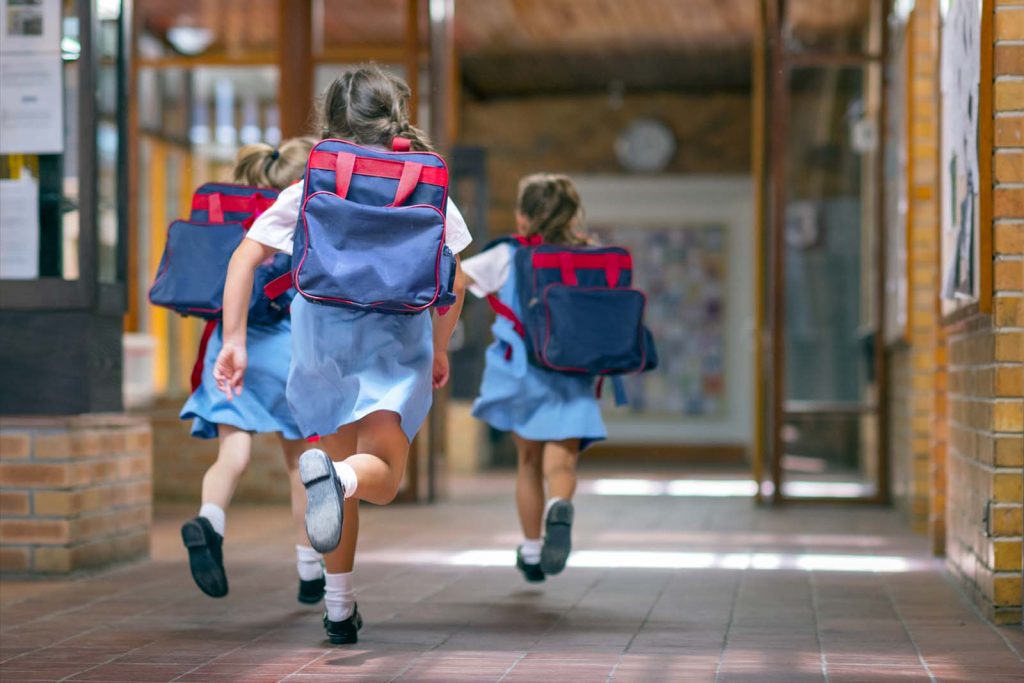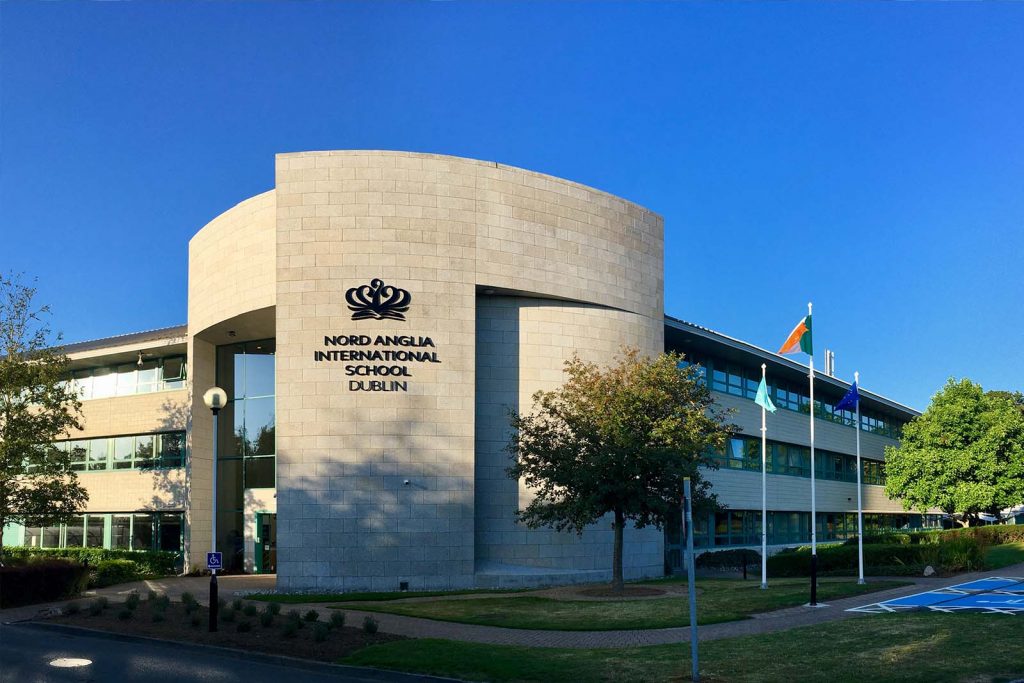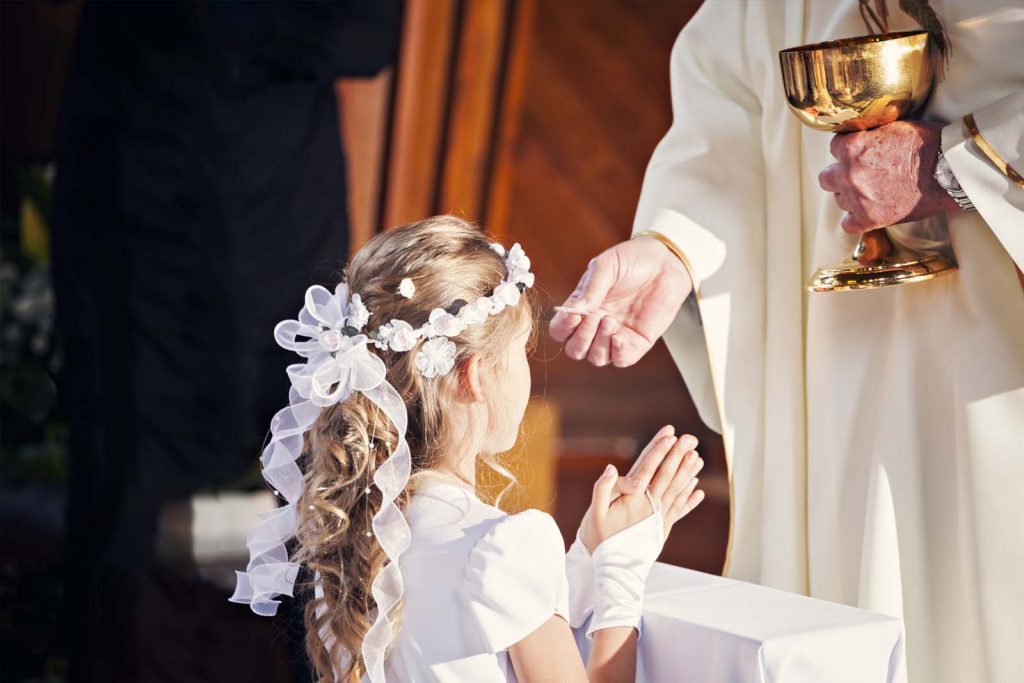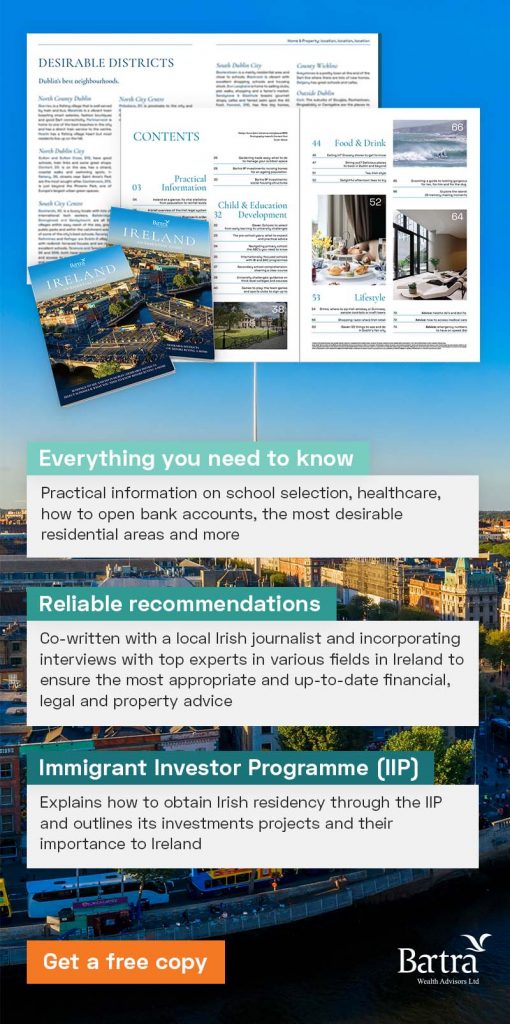This article is excerpted from Bartra’s Ireland: An Essential Guide. Co-written with a local Irish journalist, Ireland: An Essential Guide covers a variety of practical topics, from school selection and healthcare to how to open a bank account and where to live. Click here to make an appointment to collect your free copy.
The Irish education system is made up of three stages; primary, secondary and third level. Education is compulsory for children in Ireland from the ages of 6 to 16 or until students have completed three years of second-level education.
State-funded education is available at all levels, unless you choose to send your child to a private school. With school places at a premium, the benefit to signing your child up to a place at a private establishment is that, it is more likely that the student will also be able attend its secondary school.
There are 1.168 million children in full-time education across primary school, secondary and third-level, according to the Houses of the Oireachtas Library and Research Service. Its data shows that 89% of primary schools have a Catholic ethos compared to 48% of secondary schools. In the public school sector primary schools are free-to-attend. Most of the private junior schools, as some establishments call their primary level, have a Catholic ethos.
Non-denominational Educate Together schools are gaining traction with enrolments in multidenominational schools now accounting for 6% of the total attending, according to 2018 enrolment analysis by the Department of Education, with Church of Ireland schools representing 3% of all pupils.
Ciara Shaffrey of relocations service, Settle In, says it is easy to integrate into the schools system here. “The school gate is a great networking point. So are the sports sidelines. The ease of getting into a school depends on a child’s age. It’s not something you can guarantee,” she explains.
Afterschool is another consideration. This is a fee-paying service that will pick up your child from the school grounds and bring them to another location, where meals and snacks are served and homework is supervised. This is offered to children up to about the age of 10 and runs to about 6pm daily. Most allow you to sign up to it on a part-time or full-time basis.
The forum on website Schooldays can help you find professional childcare thorough its network. It also covers summer camps and tutors and/or grinds, which is slang for home or digital tuition.


Fee paying, co-ed, internationally-focused schools
1. Nord Anglia
Nord Anglia covers both primary and secondary curricula and International BAC (IB) at its Sandyford, D18 campus. This allows for consistency for kids moving from country to country. “It’s about building resilience and creativity,” explains Maoiliosa McMahon, its director of admissions and marketing.
The school opened in 2018 and currently has 350 students with 180 of those in the secondary school. Classes are still quite small, 20 maximum, there’s a student counselling service and a strong parent community.
It also provides school bus transport along three routes; picking up students from the city centre and journeying through Ballsbridge to D18, another bus collects students from the D6 villages of Rathmines and Ranelagh and a third transports students from Dalkey and Dun Laoghaire to the campus.
Official website: click here


2. Lycee Français d’Irlande
A French/English bilingual school whose secondary school is based in Clonskeagh, D14, while its primary school campus is based in Foxrock, D18, another suburb. It offers the French BAC with European and American add-ons.
Official website: click here
3. St Kilian’s German School
A German/Irish school offering primary and secondary education for pupils aged 4 – 18 at its Clonskeagh, D14, campus.
Official website: click here
Cultural milestones: Holy Communion & Confirmation
With a predominately Catholic school system religious milestones like Holy Communion and Confirmation are widely celebrated.
Holy Communion takes place when the kids are aged eight or nine. After the ceremony the child’s parents usually host a lunch, for family and friends. Gifts of money are usually given. A 2019 Ulster Bank survey showed that one in four kids earned over E800 for their ‘big day’. A colourful Irish expression describes a stingy person as being, “so mean that they still have their Holy Communion money”.
Confirmation is another Catholic sacrament celebrated in 6th class, the final year in primary school. While also usually followed by a lunch it is a much more muted affair.


Guardianship Service
For unaccompanied minors studying in Ireland there is a host family service that will provide accommodation on a bed and board basis with transfers to and from school as an optional extra. Host families are vetted by An Garda (Irish police force) and there is the option to sign-up, on a per-night basis or on an annual basis, depending on your requirements. Monies, including a reserve fund for emergencies, are paid before the start of the academic year. Ask your Bartra representative for further details.
Ireland: An Essential Guide covers a variety of practical topics, from school selection and healthcare to how to open a bank account and where to live. Click here to make an appointment to collect your free copy.

